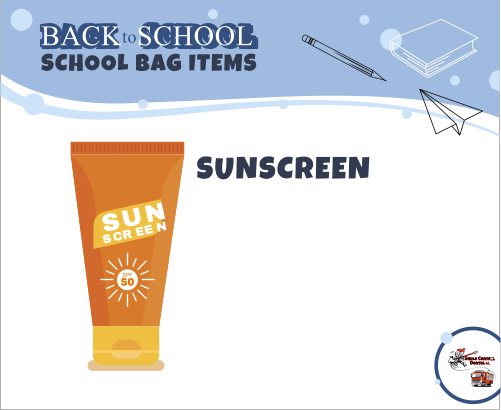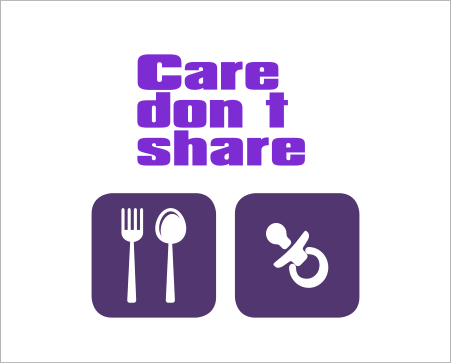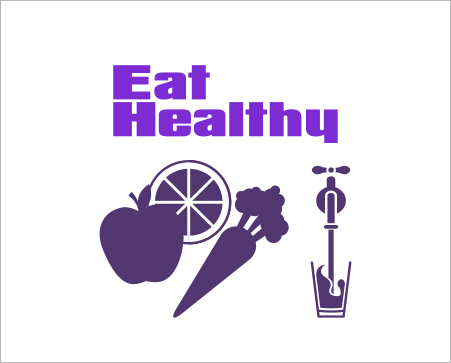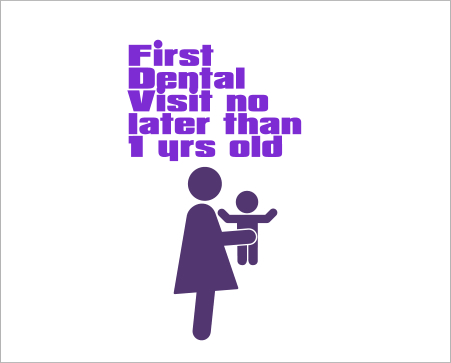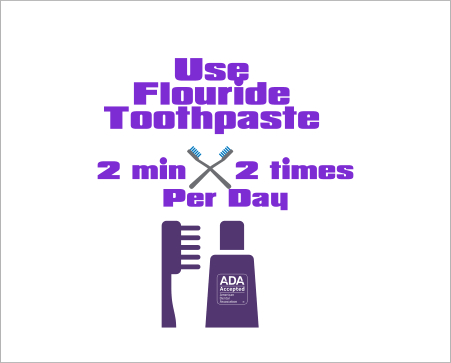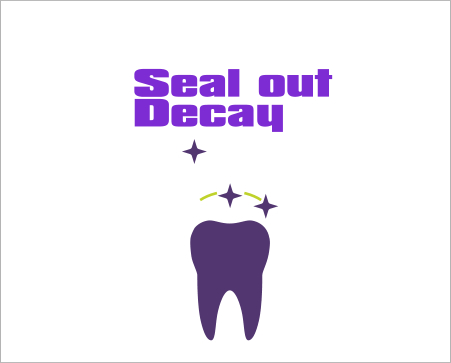Going back to school in 2021 is not the same as the days of old.
With Covid-19 we as a society have to take precautions that we
haven't needed to do for a very long time. ( Virus Pandemic of 1918 )
In this health article, we go over what items we should consider placing
in our children's backpacks. Ok, NJ, let's take a look!
1. Extra Masks
Sometimes children lose their masks or drop their masks.
People may step on it. But even if a person doesn't step on the
mask your child may have dropped, a dropped mask should never be picked up and used again. There are all sorts of bacteria including covid-19 residue
on the ground.
Taking pre-cautions and having extra masks is a healthy habit to have.
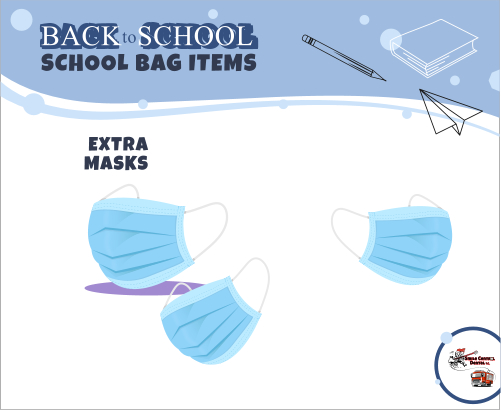
2. Phone Charger
We need to communicate with our children at all times, especially during emergencies. Having a charger in the backpack is super beneficial.
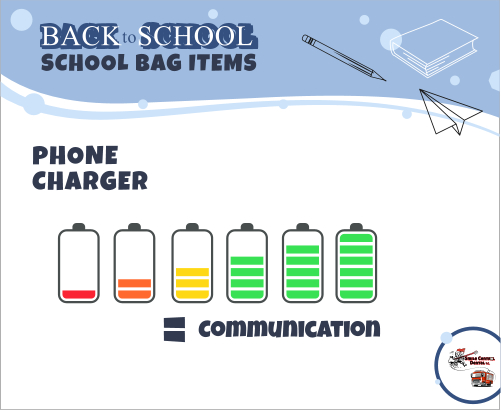
3. Small refillable water bottle
It's better to have their own water to avoid getting sick from water fountains or sharing.
In school they are told to not drink from fountains, but having a water bottle stops them from rebellious fountain drinking.

4. Lunchbox
The lunchbox is self explanatory. Sometimes kids eat lunch at school. But like we will state later, having snacks available is a good habit.
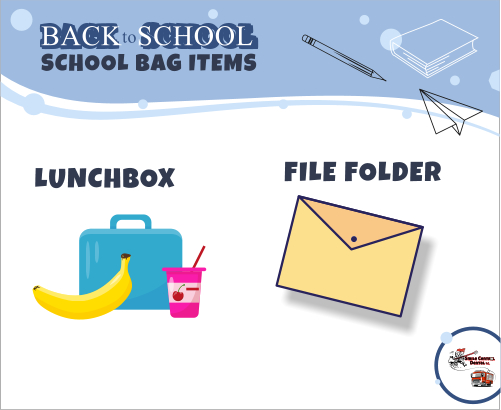
5. File Folder
Have you ever went into your child's backpack and saw that a tornado hit the inside? Papers being thrown around is never desirable.
6. Tissues
A tissue on the spot is highly beneficial to a child when needing to sneeze or blow their noses.
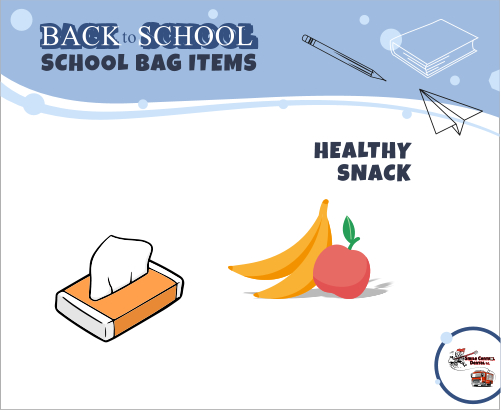
7. Healthy Snacks
Who doesn't love a healthy snack? A good strong case will protect their snacks.
protect those snacks and they will protect a child's oral health as well as their overall health.
8. Strong Pencil case
Weak pencil cases will break and they will not protect the contents inside.
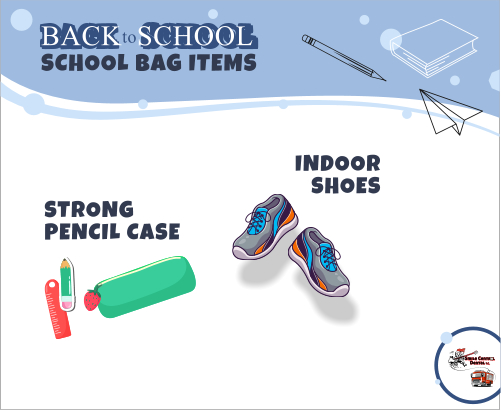
9. Sunscreen
Even in the beginning of the school year, that pesky Sun could be troublesome.
